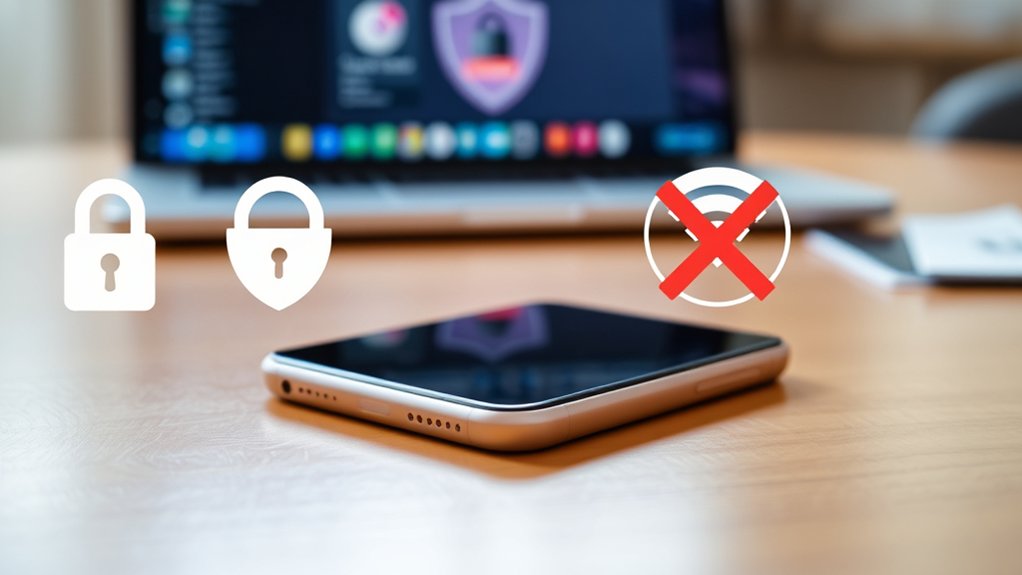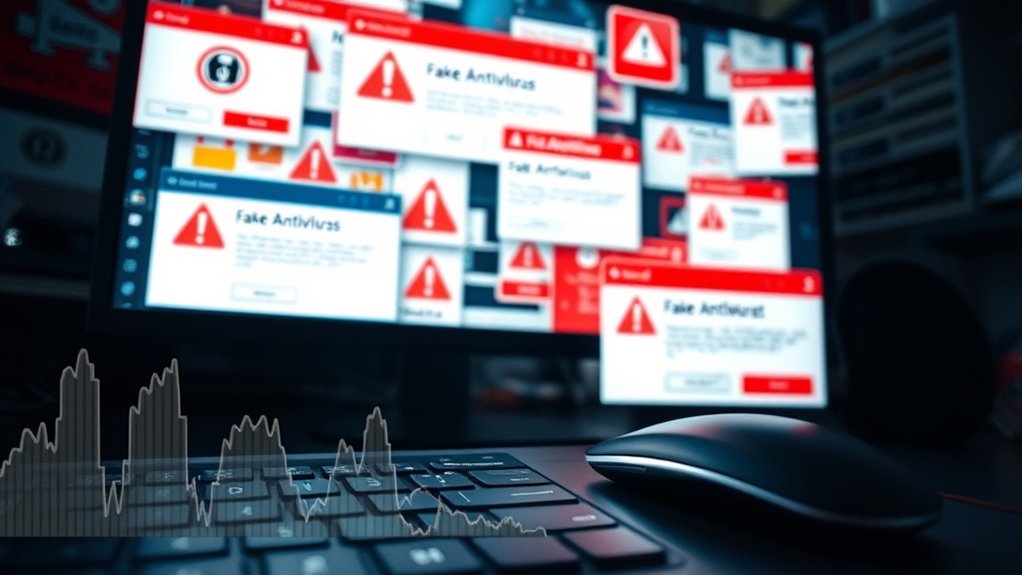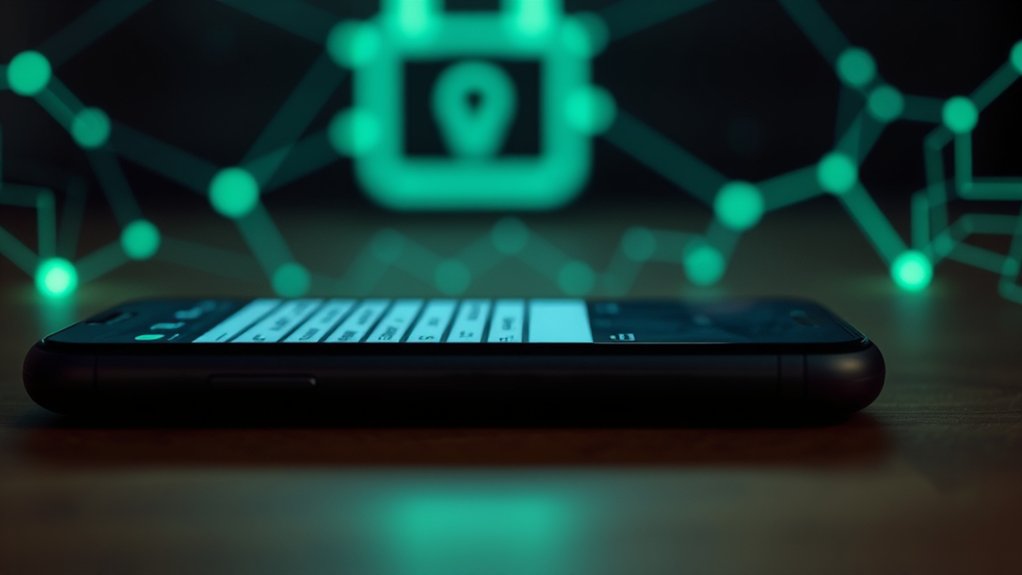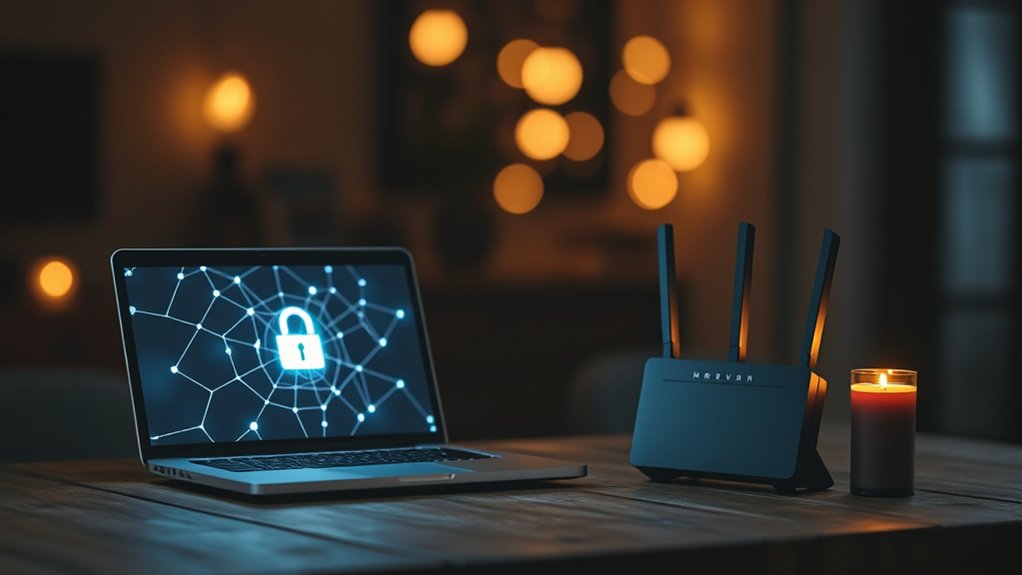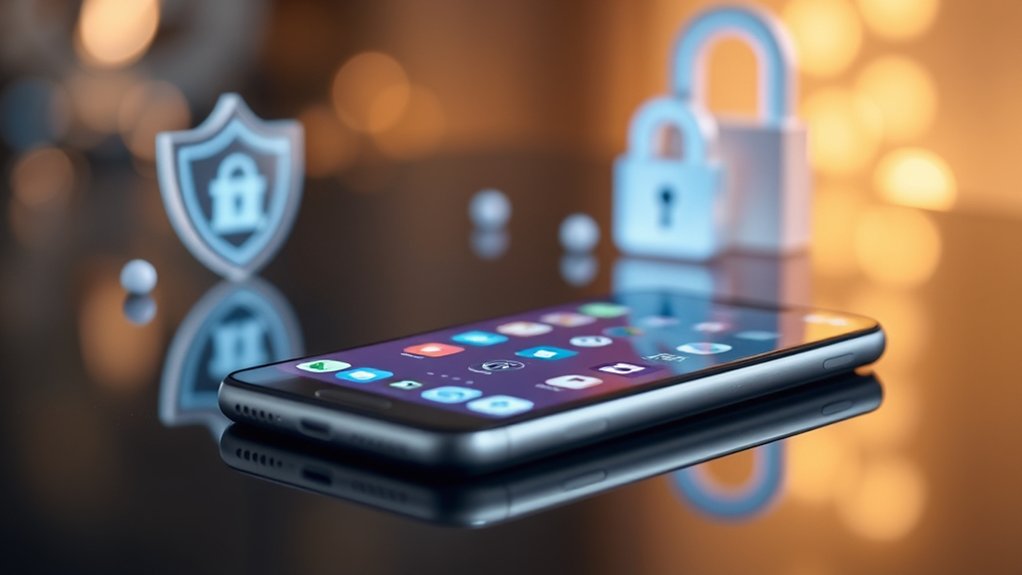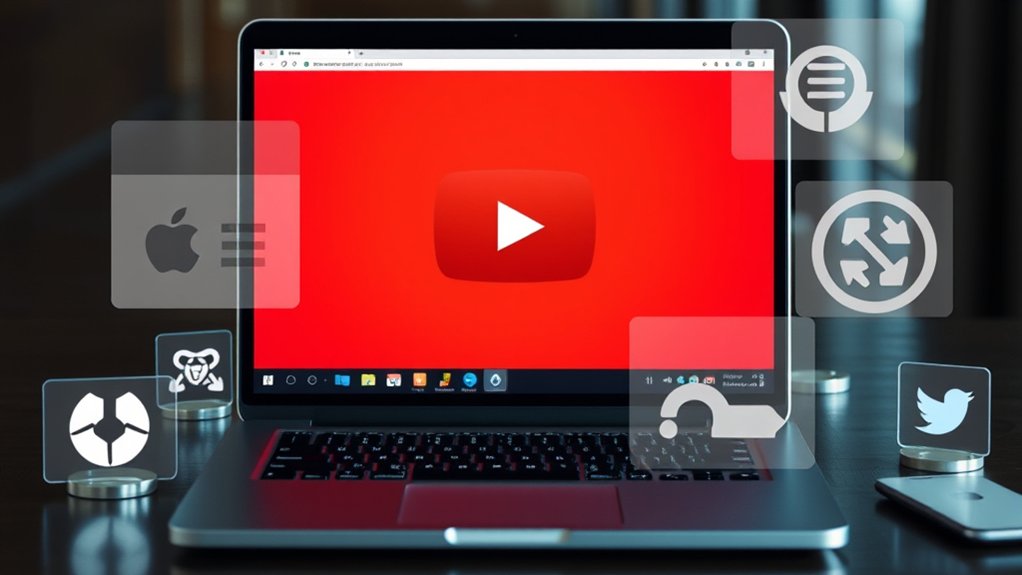To block phone tracking, individuals should disable location services, Wi-Fi, and Bluetooth when not in use. Managing app permissions is essential; users must regularly review and remove suspicious applications. Utilizing a VPN can encrypt internet traffic and mask IP addresses, providing an extra layer of security. Furthermore, securing device connections by utilizing private browsing and reliable antivirus software can reduce vulnerabilities. These measures collectively improve privacy and security, and further strategies can be investigated for more thorough protection.
In today’s digital environment, the prevalence of phone tracking poses substantial privacy challenges for users worldwide. Phone tracking is defined as the monitoring of an individual’s location, usage activity, and supplementary data, often without their consent. This can be accomplished through various methods, including GPS, Bluetooth, Wi-Fi, and cellular networks. Although tracking can serve legitimate purposes, such as locating a lost device, it likewise raises the specter of malicious uses like stalking or cybercrime, making it vital for users to adopt countermeasures.
One of the most effective strategies to reduce the likelihood of tracking is disabling wireless connections. By turning off Wi-Fi and Bluetooth, users can limit their exposure to tracking via these networks. In addition, disabling GPS can dramatically hinder the ability of would-be trackers to pinpoint one’s location. Location tracking involves more than just GPS data, indicating that users should be cautious about other methods of tracking as well. It’s important to understand that many apps track user behavior even if not designed for tracking, contributing to privacy risks. Moreover, employing strong passwords for device security adds an extra layer of protection against potential intrusions.
Disabling wireless connections, including Wi-Fi, Bluetooth, and GPS, significantly reduces the risk of tracking by would-be intruders.
Nonetheless, it is essential to note that turning off these features may impact critical functionalities, such as making calls or sending texts.
Furthermore, individuals can implement improved privacy measures through the use of Virtual Private Networks (VPNs). VPNs encrypt internet traffic and mask IP addresses, thereby obstructing location-based tracking. Notable providers like NordVPN offer sturdy encryption and supplementary features, such as ad blocking, which helps to further protect user security.
Regularly managing app permissions is likewise vital. Users are advised to review permissions granted to applications periodically, as this can expose potential risks to privacy. Removing suspicious apps and ensuring that software is up-to-date is critical for maintaining security. Ensuring that software updates are regularly performed helps to minimize vulnerabilities that may be exploited by potential trackers.
Public networks pose extra risks. Utilizing private mode browsing and preferring secure connections can mitigate these vulnerabilities. Moreover, employing reliable antivirus software and locking SIM cards with strong PINs improves overall device security.
Collectively, these strategies form a complex approach to reinforcing privacy against the growing threat of phone tracking, underscoring the need for heightened awareness and proactive behavior.
Frequently Asked Questions
Can Police Track My Phone Without My Consent?
Law enforcement agencies can track mobile phones without the owner’s consent under specific circumstances.
Typically, police require a warrant supported by probable cause to access location data. Nevertheless, in exigent situations, such as threats to life, they may bypass this legal requirement.
For instance, devices can be monitored using IMEI numbers or StingRay technologies that emulate cell towers.
Legal restrictions exist to balance investigative needs with privacy rights, emphasizing the importance of adhering to regulations.
Does Airplane Mode Prevent Phone Tracking?
Airplane Mode does not entirely prevent phone tracking.
Additionally, it disables internet and cellular transmission, allowing GPS functionality to remain active; it does not stop location data from being recorded.
Experts note that enabling Wi-Fi in Airplane Mode can still facilitate location sharing.
Furthermore, passive methods, such as cell tower triangulation, continue to function.
To thoroughly block tracking features, individuals must manually disable GPS and manage app permissions appropriately.
Can Tracking Be Disabled for Specific Apps?
Tracking can certainly be disabled for specific apps. On iOS, users access Settings > Privacy & Security > Tracking to toggle tracking permissions for individual applications.
Likewise, Android users have the option to manage app-specific tracking through Google settings. A recent study indicated that 45% of users actively adjusted these permissions, reflecting a growing awareness of privacy among consumers.
Effective management of tracking settings can greatly improve personal security and limit invasive advertising practices.
What Are the Legal Implications of Blocking Phone Tracking?
The legal implications of blocking phone tracking primarily center around privacy rights and regulations. Individuals may legally protect their privacy without infringing on laws such as the Electronic Communications Privacy Act.
Additionally, case law, including *Carpenter v. United States*, emphasizes the right to limit unauthorized surveillance.
Nonetheless, users must navigate consent requirements defined by state laws, particularly where exceptions for law enforcement tracking exist, ensuring compliance during the assertion of their privacy rights.
How Does Tracking Impact Battery Life?
Tracking considerably impacts battery life in smartphones, with GPS and location services consuming up to 38% of battery, particularly in areas with weak signals.
Frequent location updates worsen this drain, as devices struggle to maintain connection.
Experts recommend reducing update frequency and disabling unnecessary features to conserve battery.
Furthermore, modern advancements in smartphone technologies aim to improve battery efficiency, even as location services remain active, addressing ongoing battery consumption concerns associated with tracking.
